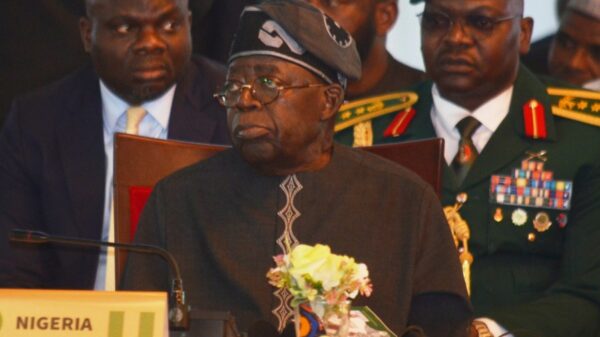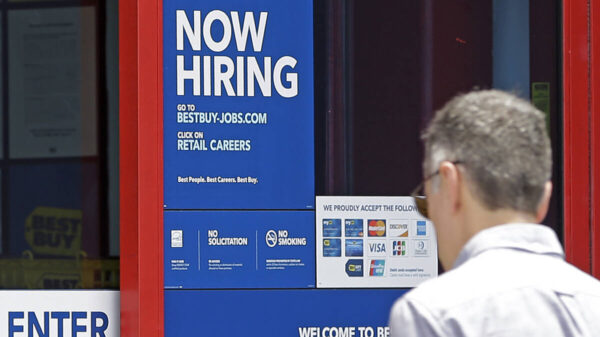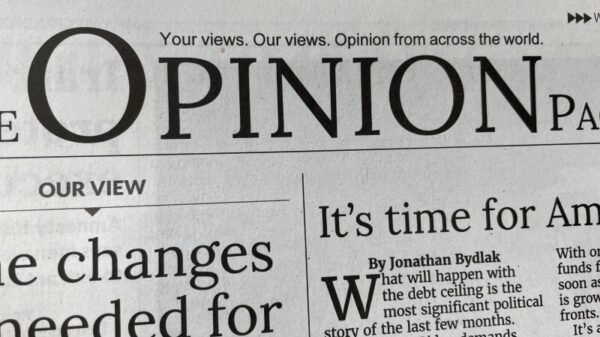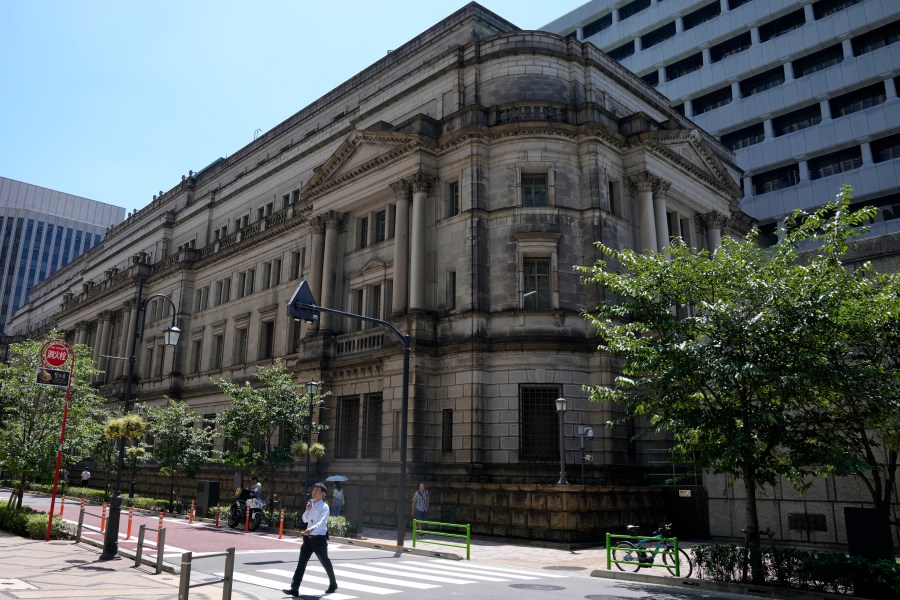TOKYO (AP) — Business sentiment among large Japanese manufacturers has shown a modest improvement, according to the latest survey from Japan’s central bank released on Tuesday. Despite this uptick, concerns over tariffs imposed by President Donald Trump continue to loom large over the industry.
The Bank of Japan’s quarterly tankan survey revealed that the index for large manufacturers rose to plus 13 from plus 12 in March, which had marked the first decline in a year. This index is a critical indicator, reflecting the balance between companies anticipating favorable conditions and those feeling pessimistic.
Impact on Major Sectors
Key sectors such as automotive and electronics, which are pivotal to Japan’s export-driven economy, are heavily influenced by U.S. trade policies. Companies like Toyota Motor Corp. are particularly concerned about the U.S. auto tariffs. Despite these concerns, some analysts have pointed out that global auto sales have remained relatively stable in recent months.
The U.S. has levied 25% tariffs on auto imports, a significant factor for Japanese automakers with manufacturing plants in Mexico, where additional tariffs have been announced. Moreover, the U.S. has imposed 50% tariffs on steel and aluminum, affecting a broad range of industries.
Diplomatic Engagements and Economic Strategies
Japanese officials have been engaging in frequent discussions with the Trump administration, emphasizing Japan’s role as a key U.S. ally. In a recent social media post, President Trump criticized Japan for not purchasing enough U.S. rice, despite claiming Japan faces a rice shortage, and indicated that a formal letter addressing this issue was forthcoming.
Meanwhile, Kevin Hassett, director of the National Economic Council, mentioned that President Trump plans to finalize trade frameworks with several countries shortly. This ongoing dialogue underscores the complexity and interconnectedness of international trade relations.
Monetary Policy and Economic Indicators
The Bank of Japan has maintained extremely low interest rates for years to stimulate growth, a policy expected to continue despite some speculation about potential rate hikes next year. The central bank increased its benchmark rate to 0.5% from 0.1% earlier this year and has since held steady. The upcoming monetary policy board meeting at the end of the month will consider the tankan survey results as part of its deliberations.
The current exchange rate, with the U.S. dollar trading around 140 yen, has increased material costs for Japan. However, a weak yen can benefit exporters by enhancing the value of overseas earnings when converted back to yen.
Broader Economic Context
The tankan survey also indicated a slight decline in sentiment among large non-manufacturers, dropping to plus 34 from plus 35, a result that was better than some forecasts predicting a more significant fall. Additionally, Japan’s unemployment rate remained steady at 2.5% in May, according to government reports.
These figures reflect a complex economic landscape where positive indicators are tempered by ongoing challenges. The interplay between domestic economic policies and international trade dynamics continues to shape the outlook for Japanese manufacturers.
As the global economic environment remains volatile, the actions taken by both Japan and its trading partners will be pivotal in determining the future trajectory of the country’s manufacturing sector.
Yuri Kageyama is on Threads: https://www.threads.net/@yurikageyama







































































